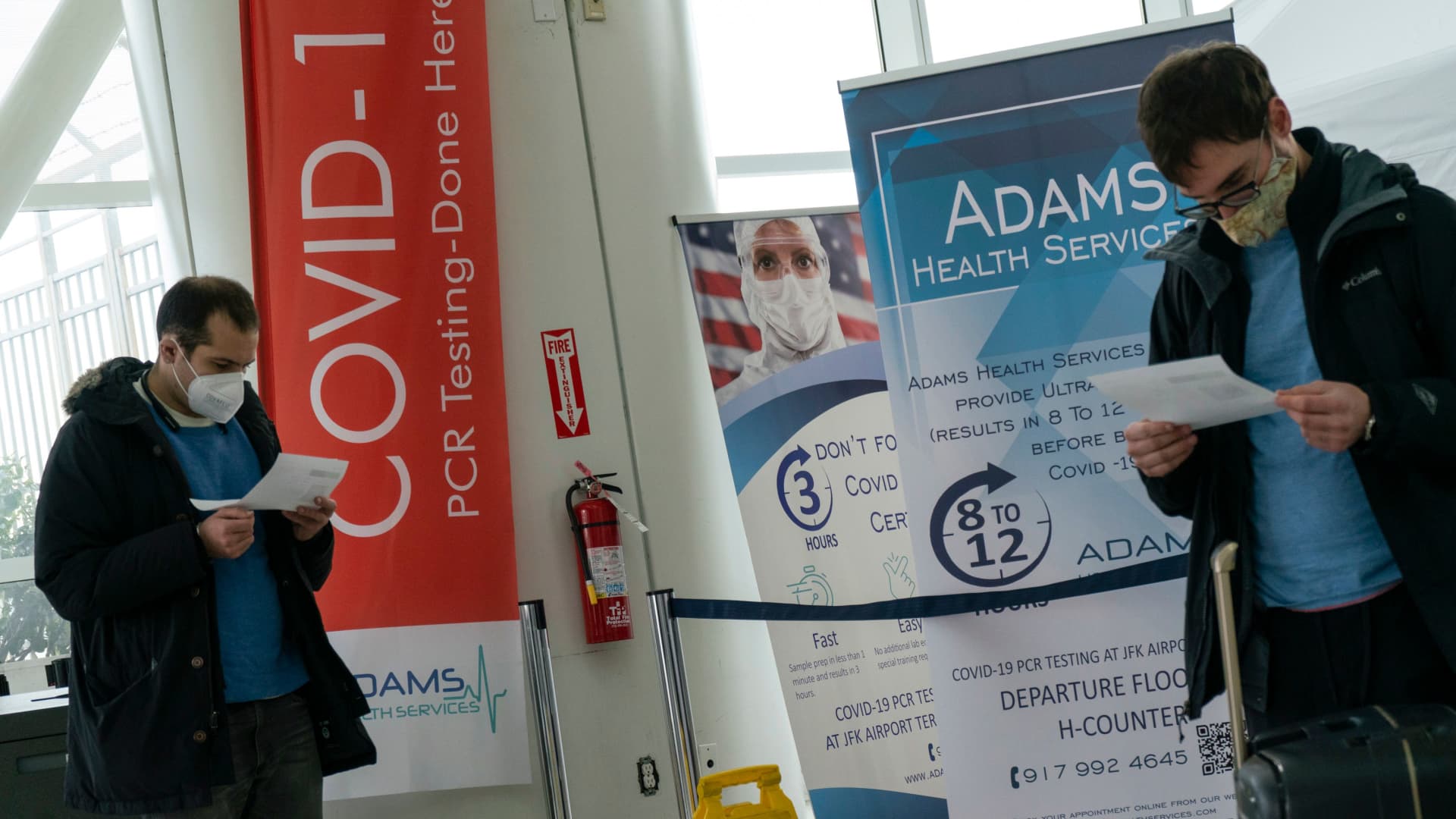Okay, back to the serious stuff. Pre-print, not yet peer reviewed study, but is being tweeted by Dr. Scott Gottlieb and Andy Slavitt
UK Biobank had brain scans of over 40,000 individuals. They reached out to these individuals and rescanned the brains (average of 37 months between scans) of 782 of these individuals including 394 who had tested positive for COVID. Only 15 of the 394 were sick enough to be hospitalized.
"We identified significant effects of COVID-19 in the brain with a loss of grey matter in the left parahippocampal gyrus, the left lateral orbitofrontal cortex and the left insula. When looking over the entire cortical surface, these results extended to the anterior cingulate cortex, supramarginal gyrus and temporal pole. We further compared COVID-19 patients who had been hospitalised (n=15) with those who had not (n=379), and while results were not significant, we found comparatively similar findings to the COVID-19 vs control group comparison, with, in addition, a greater loss of grey matter in the cingulate cortex, central nucleus of the amygdala and hippocampal cornu ammonis (all |Z|>3). Our findings thus consistently relate to loss of grey matter in limbic cortical areas directly linked to the primary olfactory and gustatory system."
For us lay people that would be smell and taste. The other areas mentioned are important for cognitive functions and memory retention. Also, in the discussion the authors express concern that these might translate to future dementia type illnesses. They also indicate that this is only a first study, and much more research will be needed into COVID effects on the brain. Essentially their data is a single piece in a large puzzle going forward.
There is strong evidence for brain-related pathologies in COVID-19, some of which could be a consequence of viral neurotropism. The vast majority of brain imaging studies so far have focused on qualitative, gross pathology of moderate to severe cases, often carried out on hospitalised patients...

www.medrxiv.org



